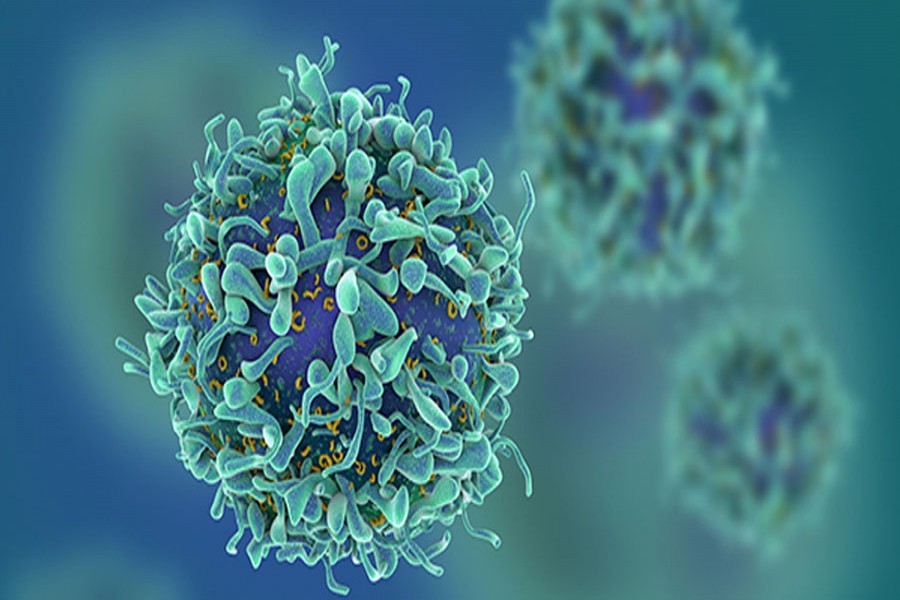Childhood cancer devastates families. With parents now mostly opting for a single or two-child family and the absence of advanced cancer treatment in the country, emotional, psychological and financial impacts are bound to be unbearable. The disease does not discriminate between the rich and the poor worlds. But the rich world enjoys the mileage of the required facilities for early diagnosis and treatment whereas in the low-and middle-income countries access to quality care is either non-existent or limited. This is further compounded by non-completion of treatment on account of failure to meet the high treatment cost. The result is that in the rich world 80 per cent children and adolescent with cancer survive, living full and healthy lives. Conversely, 90 per cent of cancer deaths take place in poorer countries.
In Bangladesh where incidence of cancer is on the rise among its population, childhood cancer is also increasing fast. Of the total number of people suffering from this disease, 4.0 per cent are children and adolescents. Sadly, 10 per cent of them reportedly do not receive any treatment. Early diagnosis of the disease -either in an adult or a child -is a key to saving life. But facilities for such screening are scarce and whatever little is available is not taken advantage of for lack of awareness. Although there are childhood cancer department in 10 of the government hospitals, only three of those offer treatment.
A report says that four to five new patients seek treatment at the paediatric oncology department of the National Cancer Research Institute everyday. The number of child patients seeking treatment thus comes roughly to about 1,500. What is highly frustrating is that half of them drop out immediately, another half quit after a few months and finally 200 or so patients are found to continue treatment.
Clearly, the number one reason for discontinuation of treatment is the financial status of most families. They cannot bear the high cost of treatment. The majority of children suffer from blood cancer. So highly costly is the treatment, requiring bone-marrow transplant that most families cannot afford it. Also, for Bangladesh it is just a new frontier of medical science yet to be taken full advantage of.
Worldwide 300,000 children are diagnosed with cancer annually and in Bangladesh the number of such children is estimated at 13,000. However, health experts disagree with the figure. They claim that many children here remain undiagnosed or die before any diagnosis. There is nothing to be surprised if this happens. In total there are 15-20 paediatric oncology experts in the country. No wonder, access to proper diagnosis -let alone quality care - is poor. So there is a need for expanding latest treatment facilities and encouraging more doctors to get trained in advanced treatment methods.
However, the curative part is highly challenging for a nation at its present stage of economic development. Emphasis should be given on preventive aspects. Food adulteration and treatment with chemicals and change in lifestyle and food habit for the worse are thought to be the villains in this regard. If organic foods can be the menu on each family's dining table, cancer is likely to be kept at bay. Similarly, avoidance of fast foods thought to be an inducer of carcinogenicity can work wonder in this respect. At the same time, youths often live an unhealthy life in that they are averse to any physical exercise, keep awake late at night, sleep half of the day and skip breakfast and even lunch. All this can invite diseases like cancer and kidney damage.
For children born to a family with history of cancer, more precaution is a must. Fighting cancer requires mental strength and resources. The best option, however, is to lead a life as regular and disciplined as possible.


